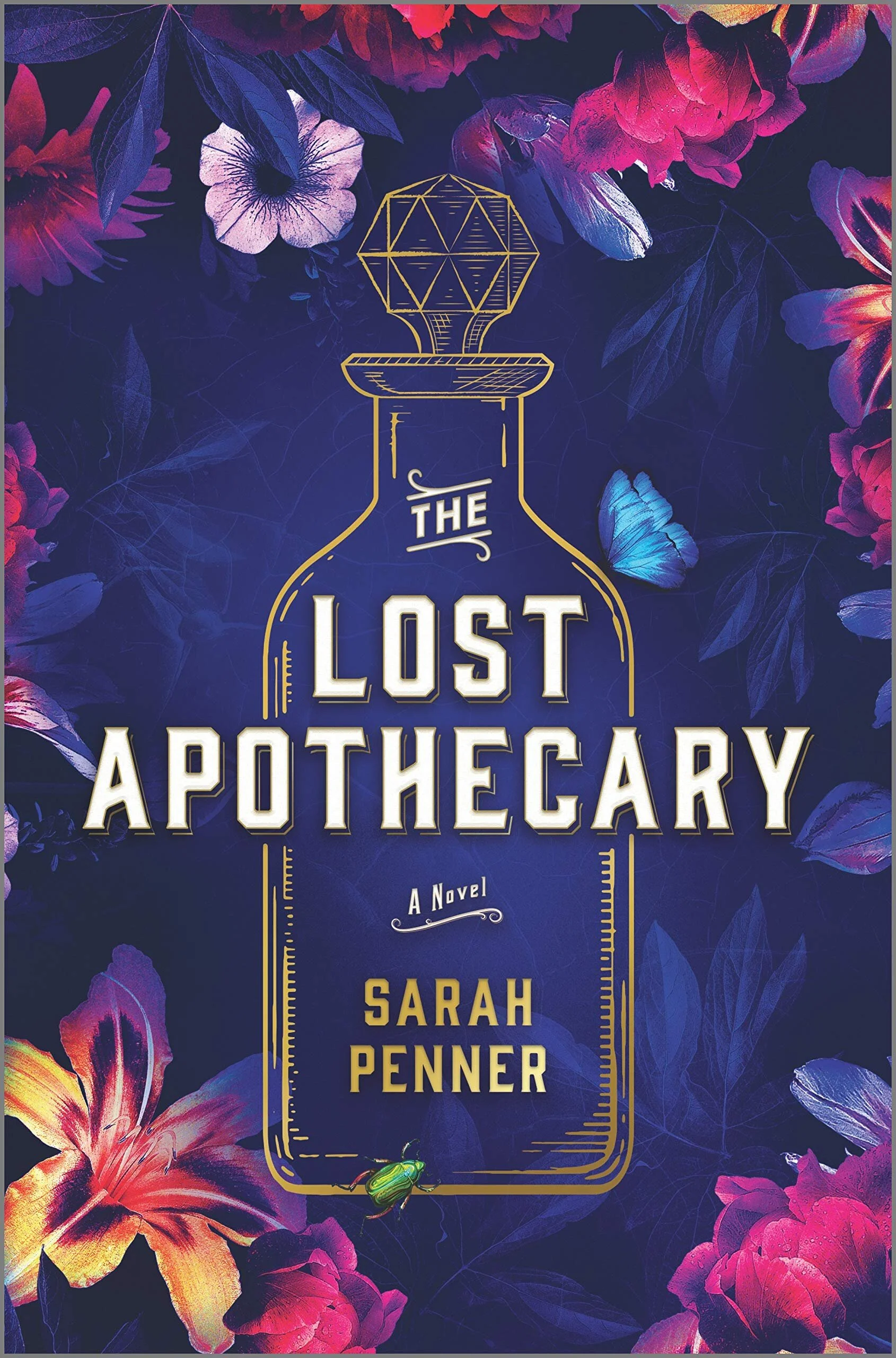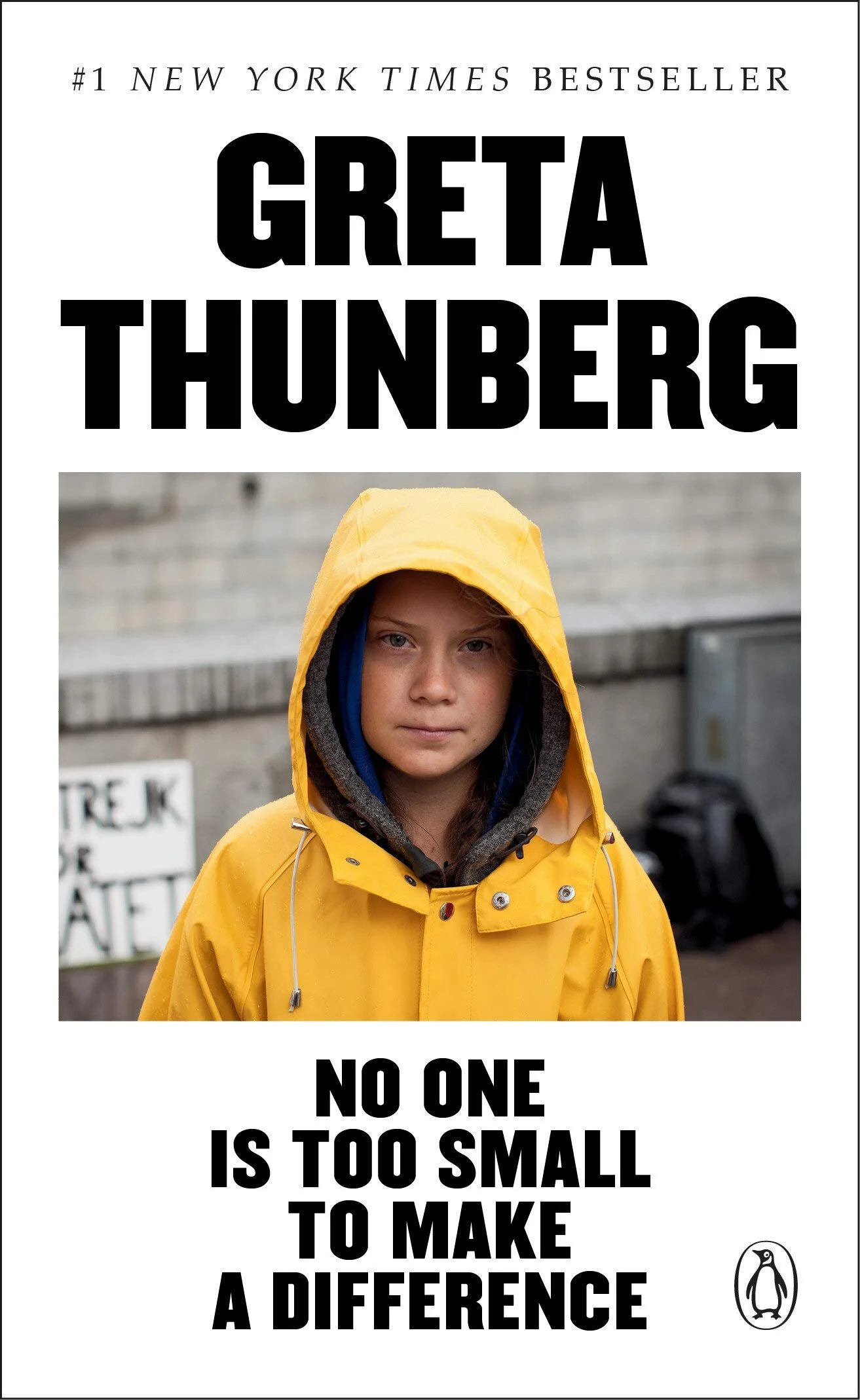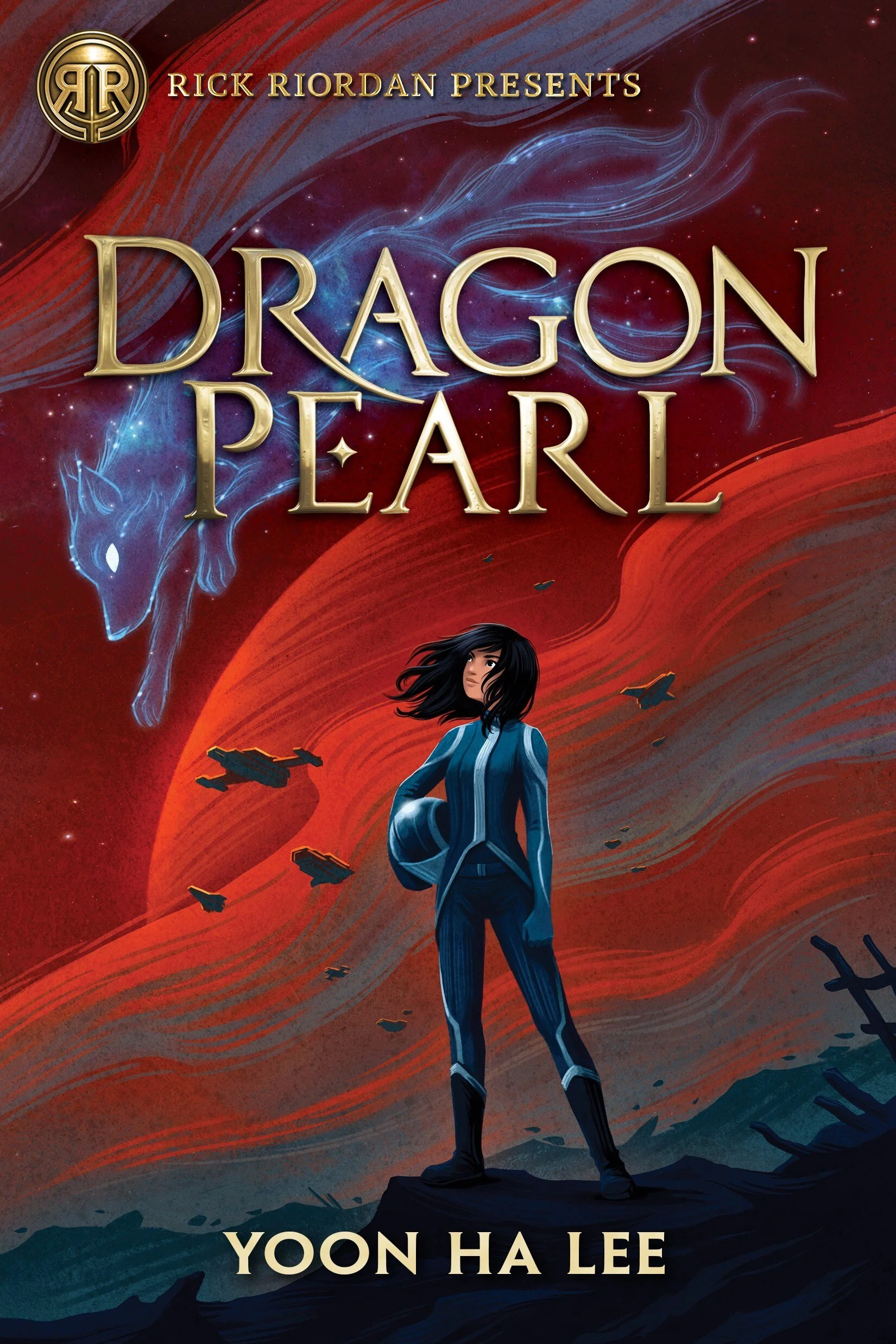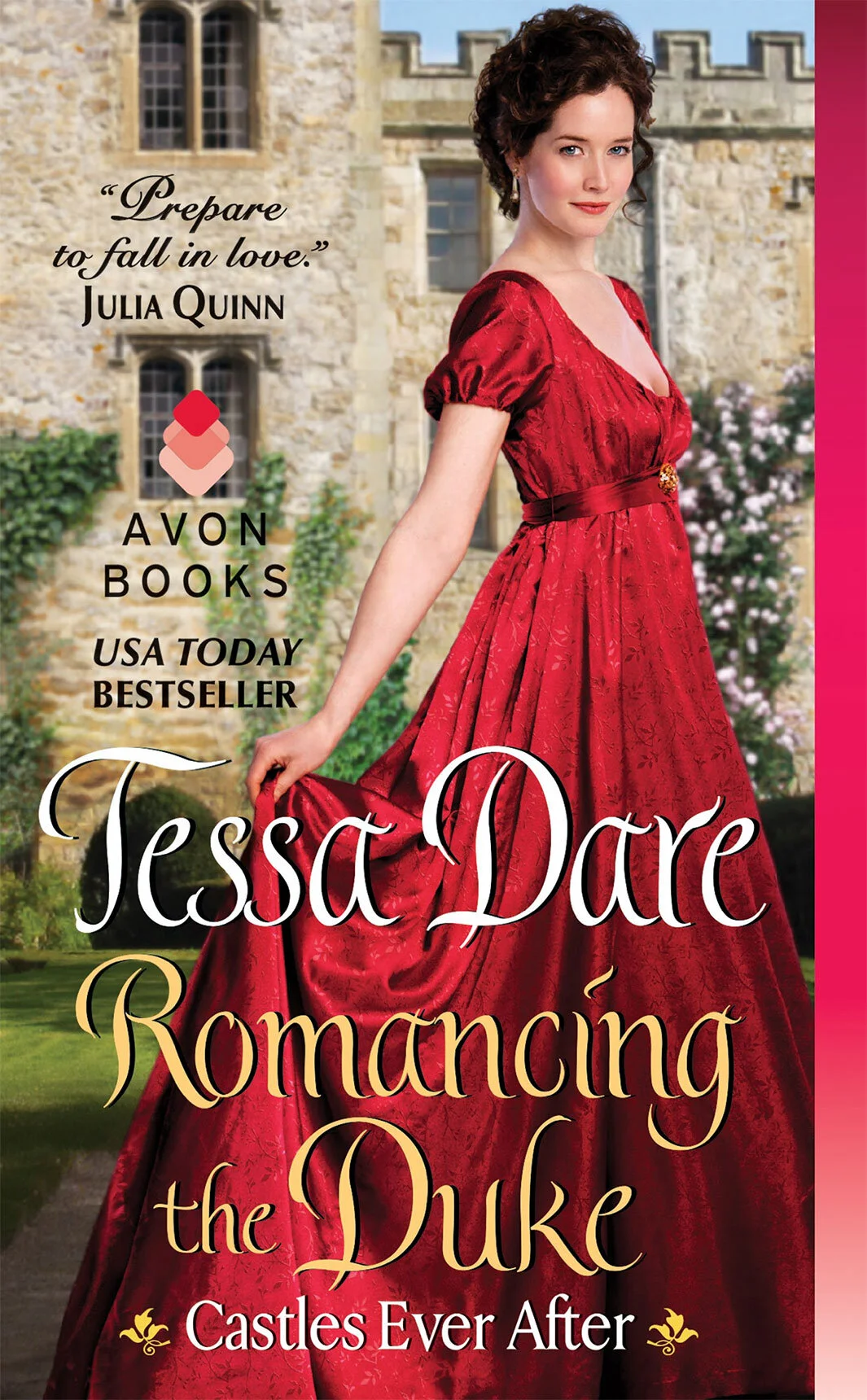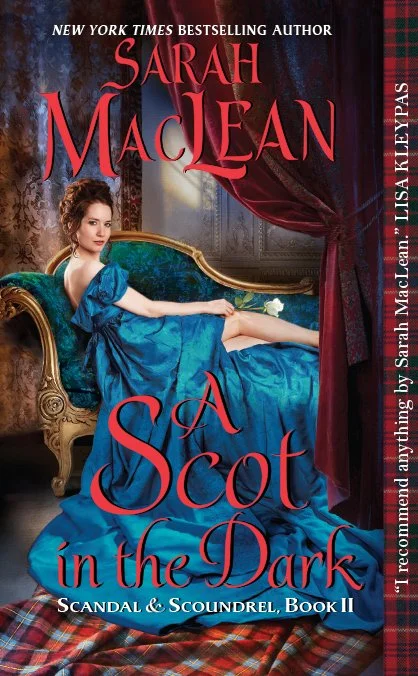Review: The Lost Apothecary by Sarah Penner
The Lost Apothocary by Sarah Penner dual timeline following three women in London, our primary character is an American named Caroline woman on what was meant to be her 10th-anniversary vacation, but she came without her husband. While being forlorn about the state of her life and relationship, Caroline discovers a mystery surrounding an apothecary sum 200 years ago. Our other timeline follows Nella, an apothecary in the 1790's; she dispences poisons to women who wish to escape from men in their lives, and Eliza, a 12-year-old in the employ of a woman who seeks the services of Nella.
I really enjoyed this novel's setup; the potential to where the story could be going was so incredibly exciting. We were exploring lost potential with Caroline and anger and grief with Nella. I was so interested in where this book was going, and I was looking forward especially to seeing why Caroline was the mirror to Nella and why she was able to be sucked into this mystery that had been hidden for so long. The way the novel progressed and concludes did not live up to my expectations.
My biggest gripe is that I don't think this mystery really has much reason at all to have not been solved by anyone else in the intervening few hundred years. This wasn't a concern until the part of the book where she finds the apothecary very easily. There was absolutely no reason that this building should still have been empty; it is in London, they have so many people and property there is not cheap, I do not understand why the property owner just left what they did where Caroline found it. This maybe isn't a huge deal, but it does sort of unravel the logic of the Caroline storyline for me.
I don't know how well researched the 1700's storyline was, but a few of the things about the modern storyline seemed odd to me. First of all, I am very skeptical that Caroline is a viable Cambridge candidate. It is totally possible that she did very well in undergrad despite being relatively lax in her research abilities. Still, it just seems very unlikely that she would be the kind of student she described and also get through admissions. A few small modern-day London things struck me as odd; first, I don't really think you ever really get a feel for the setting in the modern timeline, and none of the British characters are anything near fleshed out. Also, there is a point where an American calls 911 in London, and it says it won't connect; this is very easy to google and see, isn't true. Calling 911 in the UK (with a few exceptions) will just get you redirected to 999; the opposite is also true in the US! Many countries had issues with foreign people not knowing the emergency services number, so most countries will redirect other nations' emergency numbers to their own. That bothered me because it is an important thing (in life and at a pivotal part of the plot) that is very easy to check. Getting small things wrong doesn't inherently mean that the book isn't well researched, but it does pull the reader out of the story and make them start to question things that would otherwise be quickly accepted.
My other main issue with this book was that I found it a little boring. At the beginning of the book, it really seemed like Caroline was going to be learning about all of these women who murdered their husbands, and maybe she was going to be grappling with the option of poisoning her husband. Using what she learned of Nella to inspire her choice, see if history was going to repeat itself through Nella's legacy. That idea was so captivating for me that as we marched through the story and the narrative was way tamer than I expected, I was just disappointed. This might not be a fair assessment, but it was very much how I felt about Caroline's story. I did like where she ended up, especially regarding not giving up on the version of her she aspired to as a college graduate, but the journey to get there could have been heightened with potential murder.
I thought the 1790's storyline dragged a bit as well. I just don't think that Sarah Penner's writing is necessarily for me if I can be reading something that really should be right up my alley and be a bit bored. I was so excited about this book when I started reading it and was a bit sad that it didn't end up working for me super well. Nella's emotional journey is interesting, but I wanted more from her relationship with Eliza; they spent so little time together I was a bit confused by how quickly their bond developed. Even factoring in that both people really needed someone else in their lives, the timeline just felt so quick. I also was unsatisfied by the explanation as to why Nella had to hide in a backroom and why she couldn't operate her store as a typical apothecary with a side of murder work. That seems both like a way more sound business plan (how could she price murder to be both affordable to her clientele and enough to live on?) and like a far better cover story. Penner could still have all the fun of a hidden poison room with way more added believability for a single woman earning a small but livable wage.
The ending of the 1790's storyline also felt complete; it did have a good hint of mystery shrouding it; maybe there was one last murder (which I would have understood way more if we had been able to spend more page time with the potential victim but I just sort of accepted that anyone outside the four main players were going to be very underdeveloped), I didn't mind the open nature of the resolution.
I am unsure if I wanted this book to be longer, I did think many things were underdeveloped, but I am not sure that a longer book would have solved that. I will say that I did like parts of Penner's prose, but I don't think that I saw enough positives to follow her career in the future. I hope she finds her readers, and I am bummed that I did not end up among them.
I gave this book 2 stars on Goodreads and the StoryGraph. I would recommend this to people who want to read about finding your place in life and grappling with the moral implications of hurt women taking violent action. Maybe to folks who like contemplative historical fiction in general? I am sure that this book is finding the readers that love it.

